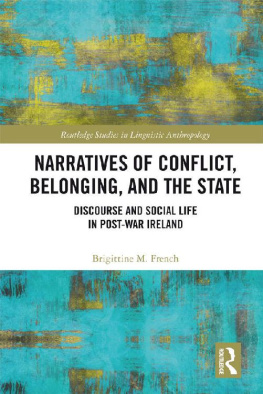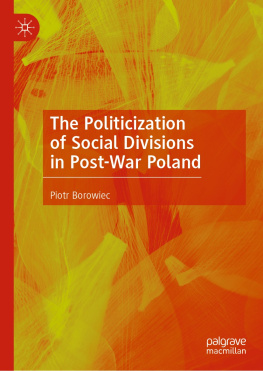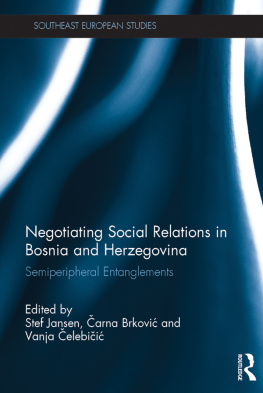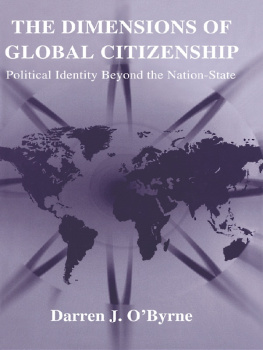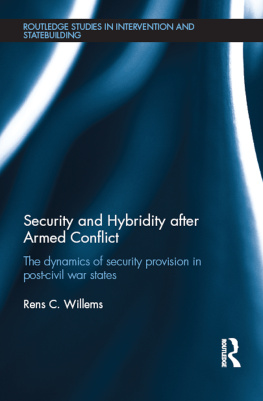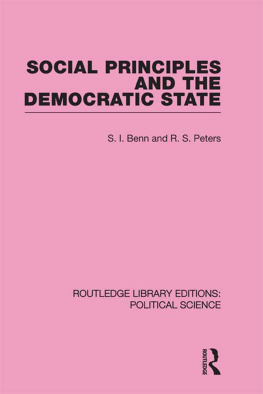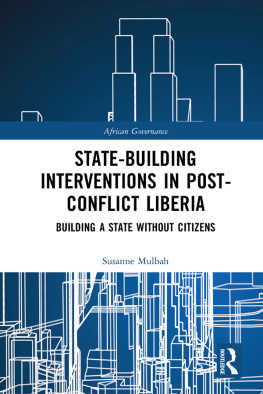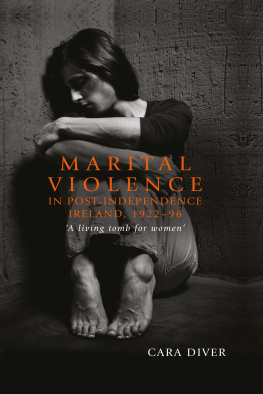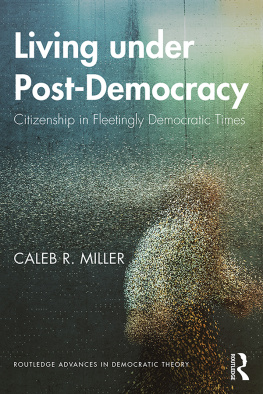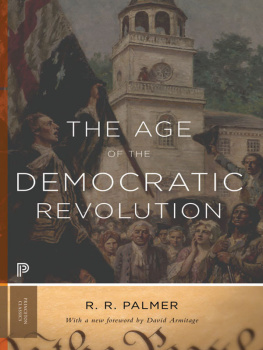Narratives of Conflict, Belonging, and the State
Using key perspectives from linguistic anthropology, the book illuminates how social actors take up the ideals of law, equality, and democratic representation in locally meaningful ways to make their own national history in ways that may perpetuate violence and inequality. Focusing specifically on post-war conditions in Ireland, the author contextualizes commonplace practices by which citizens are made to learn the gap between official membership in and political belonging to a democratic state. Each chapter takes up a different aspect of state authority and power to constitute citizenship, to enact laws, to mediate conflict, and to create histories in the context of social inequalities and political hostilities. This book is an excellent ethnographic addition to courses in linguistic anthropology, giving readers the opportunity to explore applications and ramifications of key theoretical texts within research.
Brigittine M. French is Professor of Anthropology and Chair of the Peace & Conflict Studies Program at Grinnell College. French is a linguistic anthropologist whose research focuses on testimony, violence, and rights in post-conflict nations. She is the author of Maya Ethnolinguistic Identity: Violence, Cultural Rights, and Modernity in Highland Guatemala (2010). Her work has appeared in the Journal of Human Rights, American Anthropologist, Language in Society, and the Annual Review of Anthropology.
Routledge Studies in Linguistic Anthropology
Promoting Heritage Language in Northwest Russia
Laura Siragusa
Narratives of Conflict, Belonging, and the State
Discourse and Social Life in Post-War Ireland
Brigittine M. French
Narratives of Conflict, Belonging, and the State
Discourse and Social Life in Post-War Ireland
Brigittine M. French

First published 2018
by Routledge
711 Third Avenue, New York, NY 10017
and by Routledge
2 Park Square, Milton Park, Abingdon, Oxon OX14 4RN
Routledge is an imprint of the Taylor & Francis Group, an informa business
2018 Taylor & Francis
The right of Brigittine M. French to be identified as author of this work has been asserted by her in accordance with sections 77 and 78 of the Copyright, Designs and Patents Act 1988.
All rights reserved. No part of this book may be reprinted or reproduced or utilised in any form or by any electronic, mechanical, or other means, now known or hereafter invented, including photocopying and recording, or in any information storage or retrieval system, without permission in writing from the publishers.
Trademark notice: Product or corporate names may be trademarks or registered trademarks, and are used only for identification and explanation without intent to infringe.
Library of Congress Cataloging-in-Publication Data
A catalog record for this book has been requested
ISBN: 978-1-138-74432-5 (hbk)
ISBN: 978-1-315-18112-7 (ebk)
Typeset in Sabon
by Apex CoVantage, LLC
For the Frenches and the Careys
Past, Present, and Future
Contents
Figures
Tables
The project from which this book has emerged began with an intuition years ago. I first travelled to Ireland in 1995 while in graduate school and sensed that Ireland was important to and in anthropology, the discipline of my training, although I had yet to encounter it. As I drove up and down the narrow roads of the western coast between Galway and Clare, I promised myself to look into what anthropologists had said about the people and places that I had encountered when I returned to my formal studies. My dissertation research in Guatemala kept me busy and preoccupied, so that my questions about anthropology in and of Ireland receded into a shadowy promise I kept in my mind and mostly to myself. During the several years between finishing graduate school and becoming a professor, I returned to Ireland a few times, carrying with me what I had learned theoretically and analytically about armed conflict, nationalism, post-war society, and the legacies of political violence from my work in Guatemala and other Latin American countries.
When I took a position as a Mellon Postdoctoral Fellow at Grinnell College in 2003, I had the opportunity to return to my scholarly intuition about Ireland as an important place for anthropological work, to begin to engage with the rich history and vibrant ethnographic literature about Ireland, and to connect those with my own interests in political violence, collective identity, legacies of war, and narrative discourse. My senior colleague and dear friend, Doug Caulkins, invited me to work on a project about Irish identity in the Midwest U.S., which gave me the opportunity to present a paper on that research at a conference hosted by the Women and Ireland Research Network at the University of Limerick.
Good fortune found me on my return to Clare on the eve of the conference. I literally landed in one of the original field sites of Conrad Arensberg and Solon Kimballs ethnographic research in County Clare, the area known locally as Luogh, just above the seaside village of Doolin along the road to the Cliffs of Moher. There, Mrs. Margaret Carey invited me into her home, into the field, and into a long-standing conversation about rural Irish social life that her husbands family, the Careys, and she have long been actively involved in shaping. It was Mrs. Careys kindness, generosity, and enthusiasm that marked the pivotal moment when my intuition and interest turned into the beginning of a formal research inquiry that has become this book over a number of years. I am forever grateful and indebted to Mrs. Carey. I hope that she recognizes my gratitude here and finds this book to offer an additional perspective on County Clare in the 1930s that is worth the read.
My family is large, complicated, sometimes contentious, and always delightful; their generosity of time and spirit created the space for me to find my writing voice that carries the prose in the pages that follow. Much love and appreciation to Cassandra, Nysio, Nick, Sarah, Mikhayla, Ann, Bonnie, Lily, Alex, and Takis. I owe tremendous intellectual and interpersonal debts to Adam Kaul, Anne Byrne, Deirdre OMahony, Jim Rogers, Patrick OSullivan, Cara Delay, Christina Brophy, Doug Caulkins, and Fiona Murphy, who encouraged this project at various stages, provided responses to it, and unfailingly shared their expertise on Irish history and culture with me. I hope they find this book useful for their own work and forgive its flaws. Jo Ellen McKillop Dickie in the Department of Special Collections at the Newberry Library and Jackie Elger with Cuimhneamh an Chlir were both generous with their time and invaluable in securing key primary sources upon which I have built analyses in this book. Peter Biernes comprehensive knowledge of and kind guidance with local history and historical sources in County Clare are tremendous; I have benefited greatly from both and hope that this book piques his interest and meets his standards. Ciarn Murchadha kindly indulged this strangers questions about the tragic executions in Ennis. I thank Mary Rose Doorly and Hugo Hamilton for providing a material and intellectual space from which to begin writing this book and the lively conversations which have followed. Jennifer Reynolds, Virginia Dominguez, and Michael Silverstein remain my favorite anthropological interlocutors. I thank them for their curiosity, engagement, and always taking my ideas about linguistic anthropology seriously; they continue to inspire my work.

